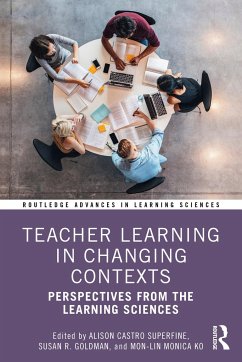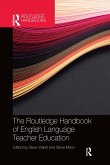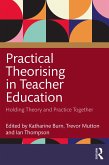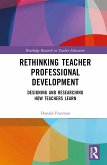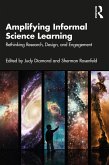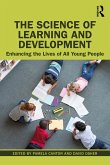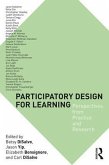New to the Routledge Advances in Learning Sciences series, this book highlights diverse approaches taken by researchers in the Learning Sciences to support teacher learning. It features international perspectives from world class researchers that exemplify new lenses on the work of teaching, encompassing new objects of learning, methods and tools; new ways of working with researchers and peers; and new efforts to work with the systems in which teachers are embedded.
Together, the chapters in this volume reflect a new frontier of research on teacher learning that leverages diversity in the content, contexts, objects of inquiry, and tools for supporting shifts in instructional practice. Divided into three sections, chapters question:
What new pedagogies and knowledge do teachers need to facilitate student learning in the 21st century?
How do learning sciences' tools, strategies, and experiences provide opportunities for them to learn these?
What role do teachers play as co-designers of educational innovations?
What unique affordances does co-design afford for teacher learning?
What do teachers learn through engaging in co-design?
How do teachers work and learn as part of interdisciplinary teams within educational systems?
What might it look like to design for teacher learning in these broader organizational systems?
Uniquely highlighting how cycles of reflection and co-design can serve as important mechanisms to support teacher learning, this invaluable book lays the groundwork for sustained teacher learning and instructional improvement.
Together, the chapters in this volume reflect a new frontier of research on teacher learning that leverages diversity in the content, contexts, objects of inquiry, and tools for supporting shifts in instructional practice. Divided into three sections, chapters question:
What new pedagogies and knowledge do teachers need to facilitate student learning in the 21st century?
How do learning sciences' tools, strategies, and experiences provide opportunities for them to learn these?
What role do teachers play as co-designers of educational innovations?
What unique affordances does co-design afford for teacher learning?
What do teachers learn through engaging in co-design?
How do teachers work and learn as part of interdisciplinary teams within educational systems?
What might it look like to design for teacher learning in these broader organizational systems?
Uniquely highlighting how cycles of reflection and co-design can serve as important mechanisms to support teacher learning, this invaluable book lays the groundwork for sustained teacher learning and instructional improvement.

